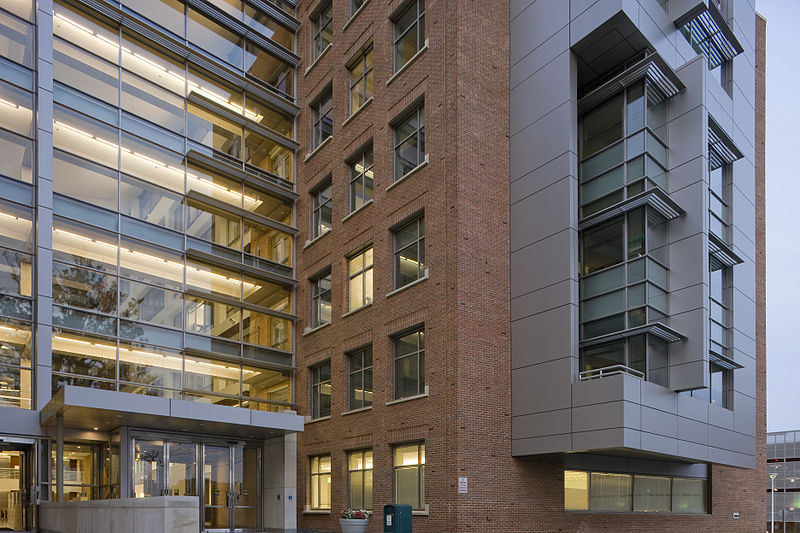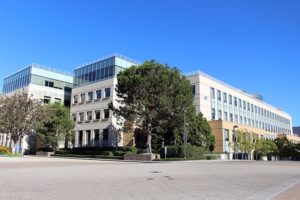The US Food & Drug Administration (FDA) has refused to give its approval to Motif Bio’s skin disorder drug iclaprim for the treatment of acute bacterial skin and skin structure infections (ABSSSI).

Image: FDA refuses to approve Motif Bio’s NDA for iclaprim. Photo: courtesy of The U.S. Food and Drug Administration/Wikipedia.org.
Subscribe to our email newsletter
In the complete response letter (CRL) it issued to the company, the FDA said that it cannot approve the New Drug Application (NDA) of iclaprim in its present form. The regulator indicated to the company that additional data was required in the NDA to further asses the risk for liver toxicity prior to the drug’s approval.
Motif Bio said that it will seek a meeting with the FDA as early as possible to explore potential options to address the shortcomings.
Motif Bio CEO Graham Lumsden said: “We are disappointed for patients and providers seeking an alternative antibiotic to treat ABSSSI. We intend to request a meeting with the FDA, which typically should occur within approximately 30-45 days, to discuss the CRL.
“We look forward to working with the Agency to discuss options to advance iclaprim towards approval.”
Motif Bio submitted the NDA of iclaprim in June 2018 and about two months later it was accepted by the FDA. The regulator also granted a priority review for the skin disorder drug.
The gram-positive investigational antibiotic if approved for the ABSSSI indication will be eligible for 10 years of market exclusivity in the US. This will be under the Generating Antibiotic Incentives Now Act (GAIN Act) after the drug was granted the Qualified Infectious Disease Product (QIDP) designation by the FDA.
Iclaprim’s NDA filed with the FDA included data from the REVIVE-1 and REVIVE-2 phase 3 trials in patients with ABSSSI.
In the two late-stage trials, the investigational drug met the primary endpoint of non-inferiority (NI) compared to vancomycin, the current standard of care. The primary endpoint was met at the early time point (ETP), 48 to 72 hours following the start of dosing of the investigational drug, in the intent-to-treat (ITT) patient population.
The diaminopyrimidine antibiotic also achieved NI at the test of cure endpoint, 7 to 14 days after its discontinuation in the same patient population.
 Advertise With UsAdvertise on our extensive network of industry websites and newsletters.
Advertise With UsAdvertise on our extensive network of industry websites and newsletters.
 Get the PBR newsletterSign up to our free email to get all the latest PBR
news.
Get the PBR newsletterSign up to our free email to get all the latest PBR
news.

